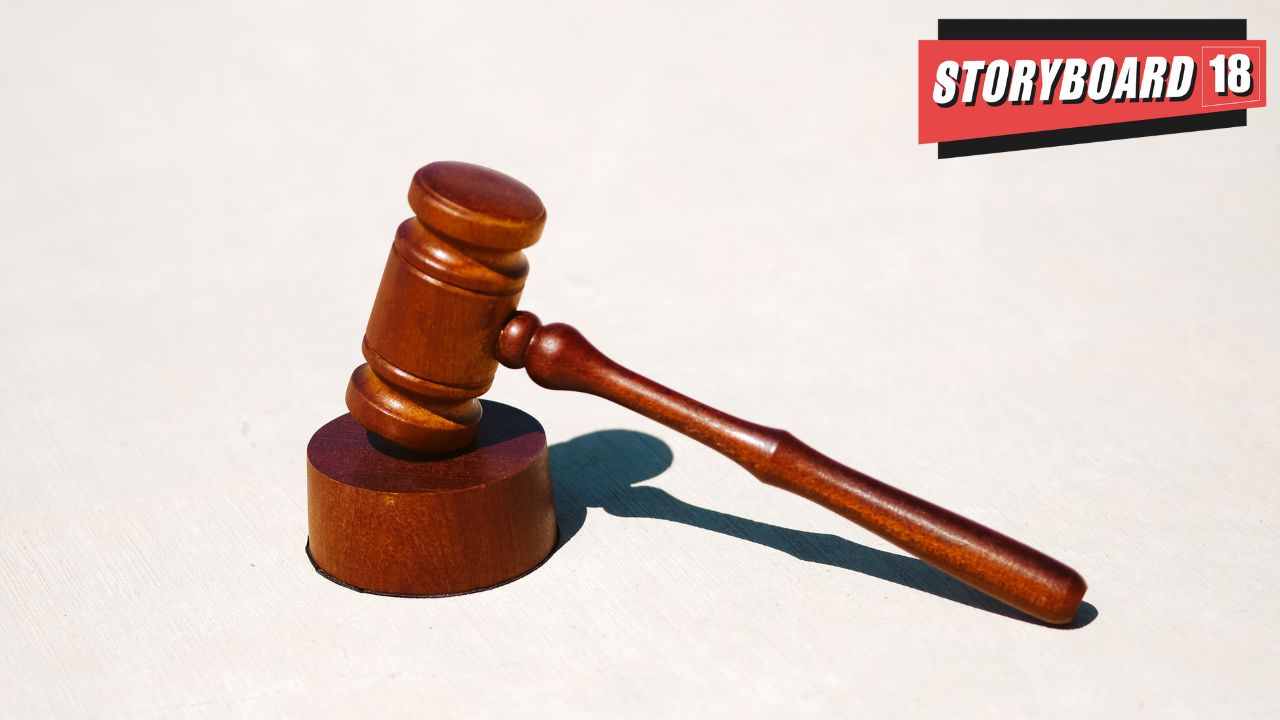The Supreme Court has dismissed a PIL seeking a regulatory board for OTT and streaming platforms, citing concerns over a Netflix series. The plea argued the series distorted historical events and promoted harmful narratives, urging an autonomous body to monitor such content in India.
The Supreme Court dismissed a public interest litigation (PIL) on Friday calling for the establishment of a regulatory board to oversee and manage over-the-top (OTT) and streaming platforms in India. The petition argued that these platforms function without the same checks and balances that traditional media, such as films and television, are required to adhere to.
The PIL, filed in September of this year, referred to Netflix series IC 814:The Kandahar Hijack to highlight the need for such a regulatory mechanism as the OTT platform claimed it was based on real-life incidents.
The petitioners had urged the apex court to direct the central government “to constitute an autonomous body/board namely ‘Central Board for Regulation and Monitoring of Online Video Contents’ to monitor and filter the contents and regulate the videos on various platforms for viewers in India”.
Moreover, Jha and Arhatia had made the ministries of Information and Broadcasting, Health and Family Welfare, Women and Child Development, Defence and the Telecom Regulatory Authority of India parties to the PIL.
“The issue pertains to the abuse of fundamental rights of equality (Article 14), freedom of expression (Article 19), thus infringing right to life of people at large (Article 21) and Article 47 mandating state to improve public health and prohibit the consumption of intoxicating drinks & drugs harmful to health,” it said.
The petitioners also specified that if such a board were established, it should be led by a secretary-level IAS officer and include members from diverse fields such as the film industry, cinematography, media, defense forces, the legal profession, and academia.
